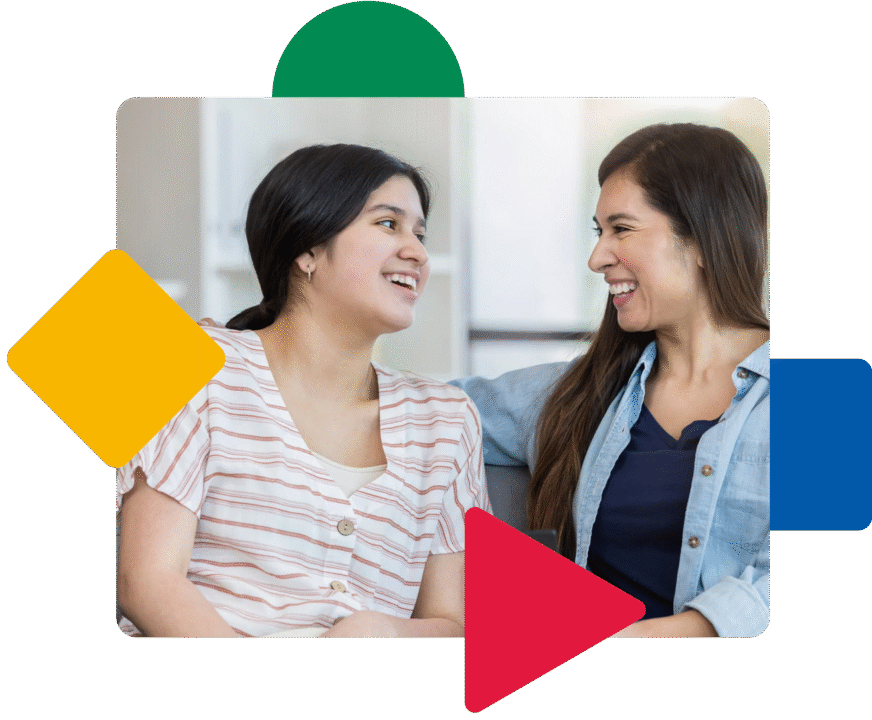Effective IEP Goals for Improving Attention-Seeking Behavior
Get free social skills materials
No-prep lessons on self-regulation, emotional recognition, conversation skills, and more.
Sign up hereDownload 50+ Example IEP Goals
Customizable library of strengths-based goals
In special education, it is crucial to address the unique needs of each student. One essential skill to develop is seeking attention effectively without resorting to inappropriate attention-seeking behavior, such as hitting or touching others. This skill not only fosters a safe and positive learning environment but also enhances students’ social interactions and emotional wellbeing.
Understanding Attention-Seeking Behavior
Attention-seeking behavior refers to actions that a student uses to draw the attention of their peers or adults. It is a natural part of human interaction, but some students may struggle with using appropriate methods to gain attention. Inappropriate attention-seeking behaviors can negatively impact a student’s learning, social interactions, and overall wellbeing. Therefore, it is essential to teach students how to seek attention using appropriate words and actions.
The Role of Specialists
Various specialists can support the development of appropriate attention-seeking behaviors in students:
- Speech-Language Pathologists: They can help students improve their communication skills, teaching them how to effectively use words and verbal expressions to gain attention.
- Social Workers: They can work with students to develop social skills and emotional regulation, which can help them better understand when and how to seek attention appropriately.
- Psychologists: They can identify underlying issues that may contribute to inappropriate attention-seeking behaviors and provide targeted interventions.
- School Counselors: They can provide guidance and support for students to develop healthy relationships and positive social interactions.
IEP Goals for Attention-Seeking Behavior
Here are some specific SMART IEP goals that can be used to improve attention-seeking behavior in students:
Goal 1: The student will use appropriate verbal cues to gain attention from peers and adults in 4 out of 5 opportunities.
Strategies and Activities: Role-play scenarios, teach specific phrases, and provide visual cues for appropriate verbal expressions.
Goal 2: The student will wait calmly with a composed body for a suitable moment to seek attention in 4 out of 5 opportunities.
Strategies and Activities: Teach deep breathing exercises, use social stories, and provide visual schedules to help students understand when it is appropriate to seek attention.
Implementing and Measuring Progress
To effectively implement these goals and measure progress, consider the following tips:
- Collaborate with specialists and other educators to develop a consistent approach.
- Regularly monitor and document the student’s progress using data collection methods, such as observation notes or checklists.
- Provide frequent feedback and reinforcement to help the student internalize appropriate attention-seeking behaviors.
- Adjust strategies and goals as needed based on the student’s progress and changing needs.
Conclusion
Addressing attention-seeking behavior in IEP goals can significantly improve a student’s learning, social interactions, and emotional wellbeing. By working together with specialists and implementing effective strategies, educators can help students develop appropriate attention-seeking behaviors. We encourage you to apply these IEP goals and explore more resources at Everyday Speech Sample Materials.


